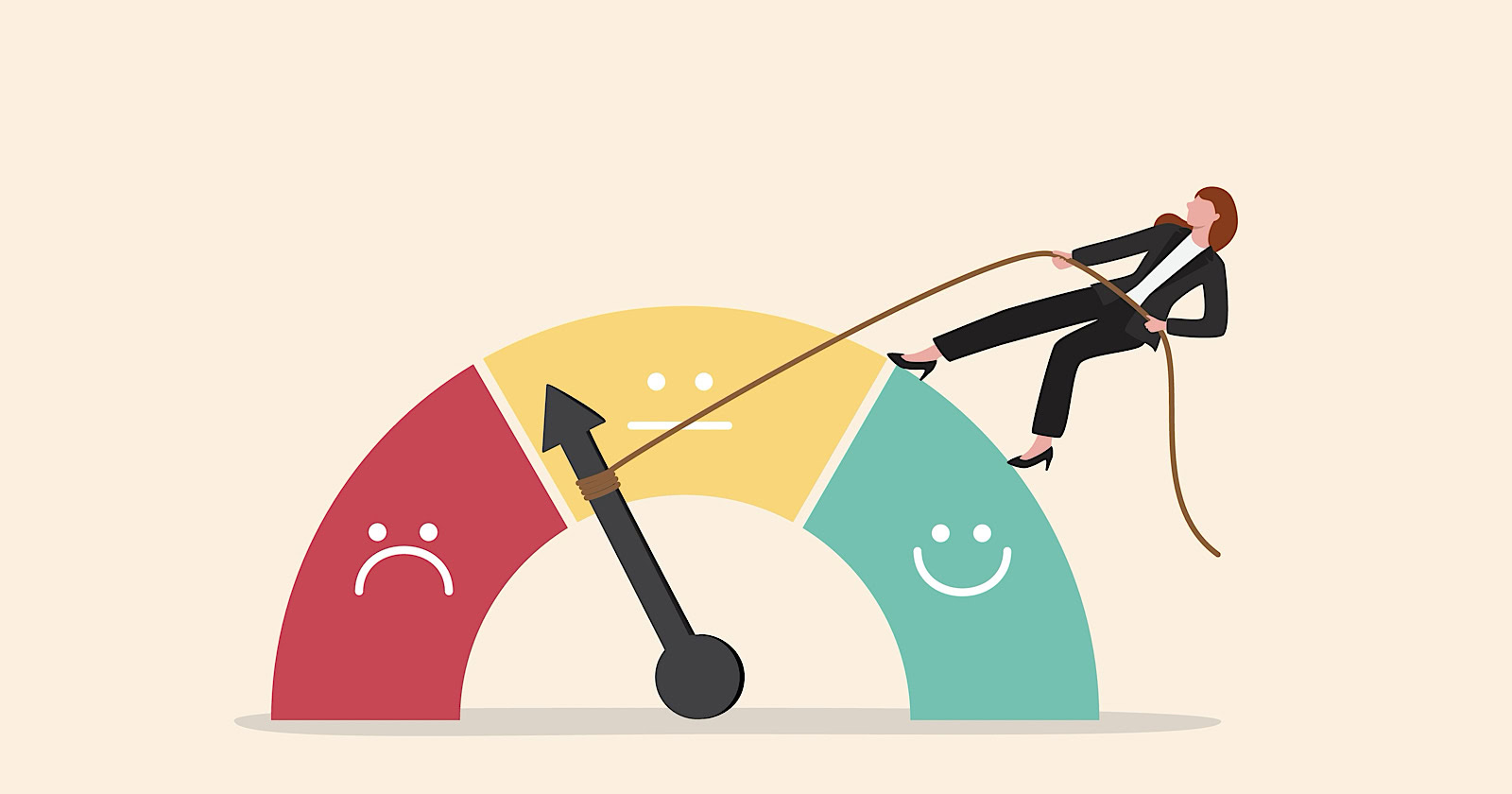Google’s John Mueller says the Search team is “explicitly evaluating” how to reward sites that produce helpful, high-quality content when the next core update rolls out.
The comments came in response to a discussion on X about the impact of March’s core update and September’s helpful content update.
In a series of tweets, Mueller acknowledged the concerns, stating:
“I imagine for most sites strongly affected, the effects will be site-wide for the time being, and it will take until the next update to see similar strong effects (assuming the new state of the site is significantly better than before).”
He added:
“I can’t make any promises, but the team working on this is explicitly evaluating how sites can / will improve in Search for the next update. It would be great to show more users the content that folks have worked hard on, and where sites have taken helpfulness to heart.”
What Does This Mean For SEO Professionals & Site Owners?
Mueller’s comments confirm Google is aware of critiques about the March core update and is refining its ability to identify high-quality sites and reward them appropriately in the next core update.
For websites, clearly demonstrating an authentic commitment to producing helpful and high-quality content remains the best strategy for improving search performance under Google’s evolving systems.
The Aftermath Of Google’s Core Updates
Google’s algorithm updates, including the September “Helpful Content Update” and the March 2024 update, have far-reaching impacts on rankings across industries.
While some sites experienced surges in traffic, others faced substantial declines, with some reporting visibility losses of up to 90%.
As website owners implement changes to align with Google’s guidelines, many question whether their efforts will be rewarded.
There’s genuine concern about the potential for long-term or permanent demotions for affected sites.
Recovery Pathway Outlined, But Challenges Remain
In a previous statement, Mueller acknowledged the complexity of the recovery process, stating that:
“some things take much longer to be reassessed (sometimes months, at the moment), and some bigger effects require another update cycle.”
Mueller clarified that not all changes would require a new update cycle but cautioned that “stronger effects will require another update.”
While affirming that permanent changes are “not very useful in a dynamic world,” Mueller adds that “recovery” implies a return to previous levels, which may be unrealistic given evolving user expectations.
“It’s never ‘just-as-before’,” Mueller stated.
Improved Rankings On The Horizon?
Despite the challenges, Mueller has offered glimmers of hope for impacted sites, stating:
“Yes, sites can grow again after being affected by the ‘HCU’ (well, core update now). This isn’t permanent. It can take a lot of work, time, and perhaps update cycles, and/but a different – updated – site will be different in search too.”
He says the process may require “deep analysis to understand how to make a website relevant in a modern world, and significant work to implement those changes — assuming that it’s something that aligns with what the website even wants.”
Looking Ahead
Google’s search team is actively working on improving site rankings and addressing concerns with the next core update.
However, recovery requires patience, thorough analysis, and persistent effort.
The best way to spend your time until the next update is to remain consistent and produce the most exceptional content in your niche.
FAQ
How long does it generally take for a website to recover from the impact of a core update?
Recovery timelines can vary and depend on the extent and type of updates made to align with Google’s guidelines.
Google’s John Mueller noted that some changes might be reassessed quickly, while more substantial effects could take months and require additional update cycles.
Google acknowledges the complexity of the recovery process, indicating that significant improvements aligned with Google’s quality signals might be necessary for a more pronounced recovery.
What impact did the March and September updates have on websites, and what steps should site owners take?
The March and September updates had widespread effects on website rankings, with some sites experiencing traffic surges while others faced up to 90% visibility losses.
Publishing genuinely useful, high-quality content is key for website owners who want to bounce back from a ranking drop or maintain strong rankings. Stick to Google’s recommendations and adapt as they keep updating their systems.
To minimize future disruptions from algorithm changes, it’s a good idea to review your whole site thoroughly and build a content plan centered on what your users want and need.
Is it possible for sites affected by core updates to regain their previous ranking positions?
Sites can recover from the impact of core updates, but it requires significant effort and time.
Mueller suggested that recovery might happen over multiple update cycles and involves a deep analysis to align the site with current user expectations and modern search criteria.
While a return to previous levels isn’t guaranteed, sites can improve and grow by continually enhancing the quality and relevance of their content.
Featured Image: eamesBot/Shutterstock

